One of Canberra's oldest unsolved mysteries no longer has a prime suspect.
The disappearance of 17-year-old Megan Mulquiney in 1984 has long stymied Canberra's police who, until recently, had just one man firmly on the radar as a suspect.
But since reopening the case in 2018, police have been unable to link serial rapist Paul Vincent Phillips in any way to Megan's case, and are now looking for answers elsewhere.
Megan had just finished her Saturday shift at Big W in Woden Plaza on July 28, 1984 when she made her way out of the mall to catch a bus home.
Several people saw her at the plaza exit heading to the bus interchange, but she never made it onto a bus.
Her mother, Dorothy Mulquiney, was instantly worried when she didn't return home, and called police later that afternoon.
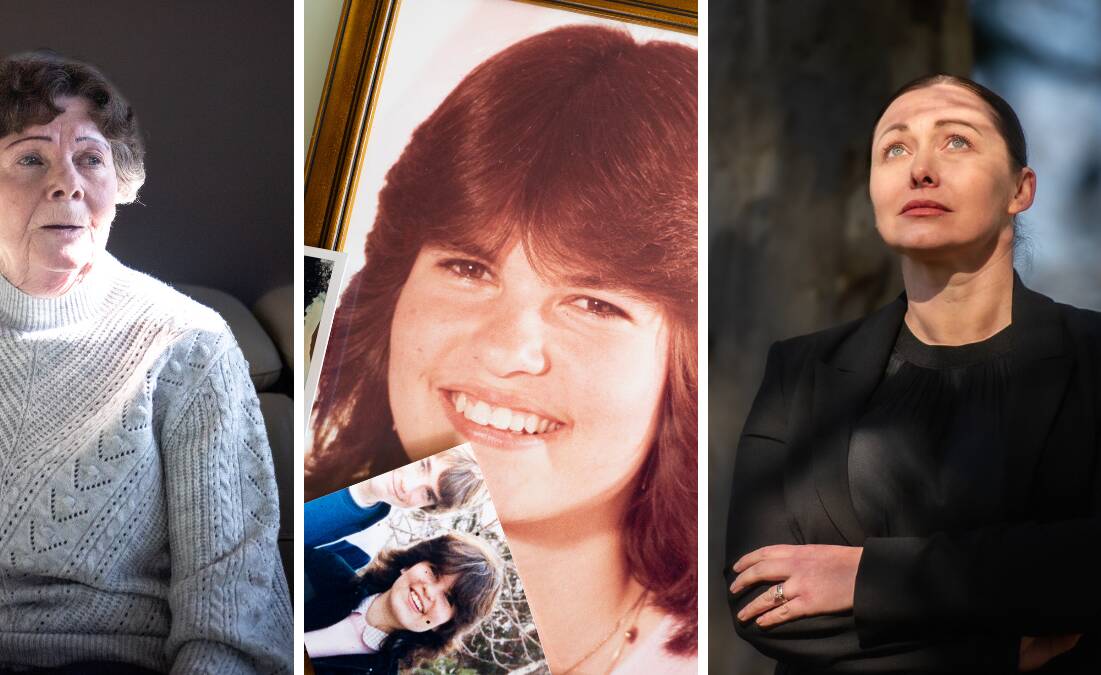
Since then, there have been no leads. Megan disappeared without a trace.
It's now been 39 years with no new information. Megan would now be 56.
Detective Sergeant Emma Quade, who is leading the case, says while there have been few developments, the case is never far from her mind.
"I hold a lot of personal angst for Megan's family, and in some ways, I feel very close to Megan's case, and to Megan," she says.
"When you investigate these matters, and you hear from so many people about somebody, it's almost like you know them, and you tend to know so much about them from a holistic sort of point of view.
"I think that it is just so absolutely gutting to meet people that are experiencing an ambiguous loss, and just don't have those answers, and incredibly frustrating as a police officer not to be able to find those answers."
She says reopening the case officially five years ago had been a laborious process that had, unfortunately, not yielded the results the police had been hoping for.
"I think I would be safe in saying that there is no strong line of inquiry that we have that we're not following," she says.
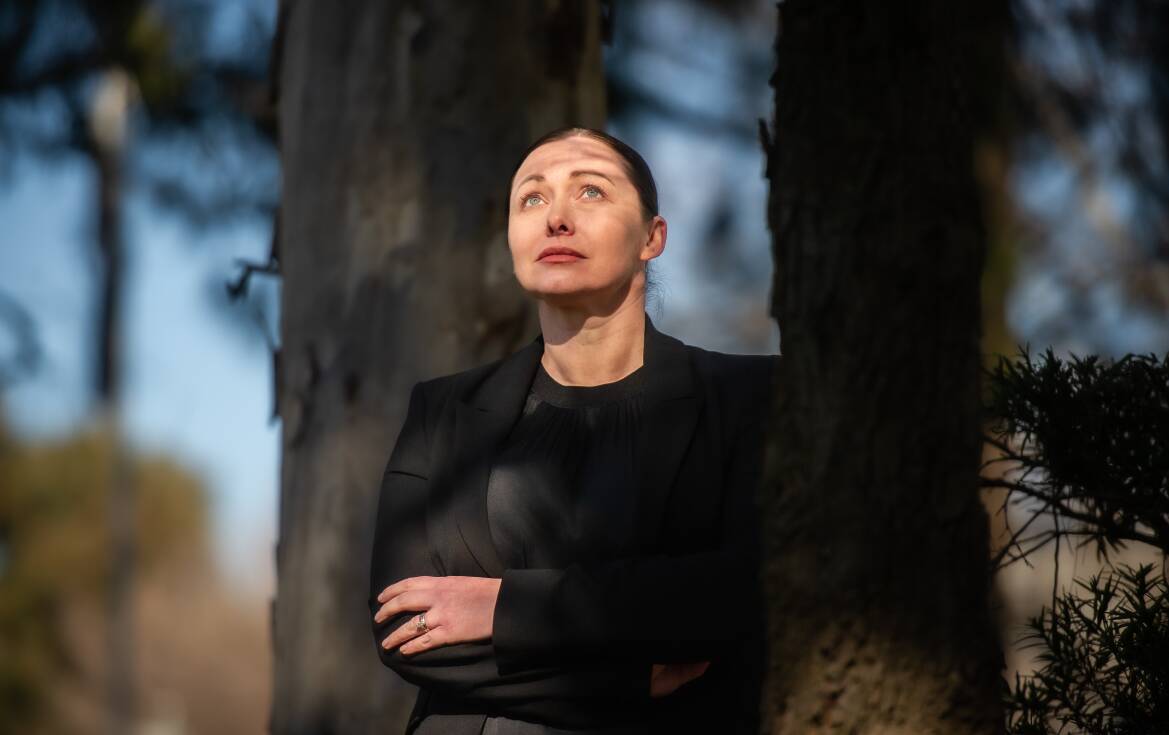
"It's a matter of, we're always hopeful that there'll be new information that comes from the public that will assist us in finding those potential other avenues.
"I think that's the challenge with our unsolved cases. There's only so much that we can do in following every possible avenue we can.
"So for example, with Paul Vincent Phillips, we spoke to many people, we visited people that have previously spoken to police, and new people. We looked through historical records from all different places, and tried to recover information from all over the place in the hope that there might be some clue in there as to whether he was involved or that might even just place him somewhere in the right place at the right time-type scenario.
"But we just found nothing that was able to assist us there."
Phillips was living in Canberra at the time of Megan's disappearance. He was a serial rapist who abducted and assaulted several young women, including a 17-year-old in the Woden Plaza car park just months after Megan disappeared.
He spent most of his adult life in prison, and died in 2018 having maintained he had nothing to do with what happened to Megan.
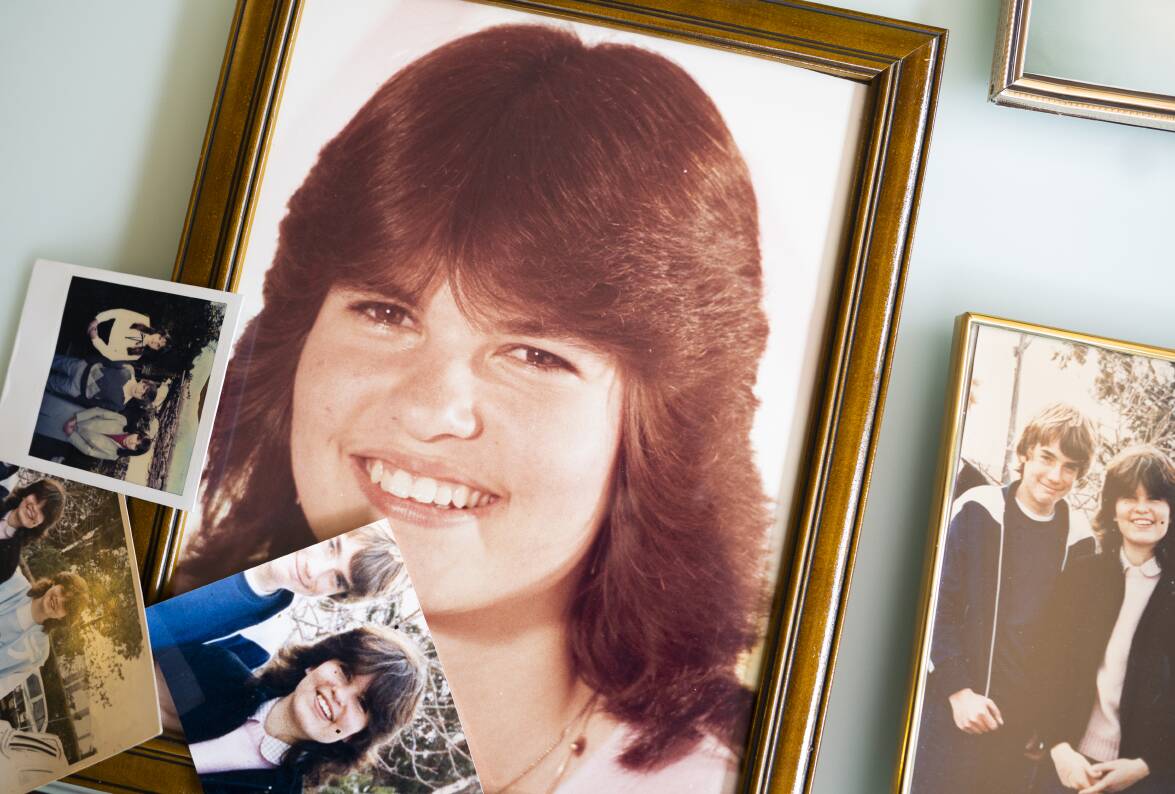
Quade said often the death of a suspect or family member could lead to new developments in a cold case.
"Something that we've found with a lot of our unsolved matters, I guess worldwide, is that any change in family structures or deaths in a family sometimes that can motivate people to be more willing to come forward and provide information to police," she told The Canberra Times.
"So when [Paul Vincent Phillips died], it just gave us an opportunity, a point in time, to really push for people in the community to come forward. And the hope was that if people knew of Paul's involvement, and were maybe frightened and not prepared to speak to police when he was alive, or family maybe weren't willing to speak to police about what had happened, that they would come forward."
Dorothy Mulquiney has never believed Phillips was involved; she maintains Megan most likely climbed into the car of someone she knew.
But Quade says she tries hard, as a detective, to keep her mind as open as possible.
"I think from a police perspective, I'd be hesitant to have a theory because I feel like that narrows my mind," she says.
"From my point of view, although I understand that Paul Vincent Philips is a strong suspect, in my mind, it was always about proving or disproving his involvement, it's not about trying to find evidence that supports that he was involved. I think that's a bit of a dangerous avenue to go down and it really closes you off from seeing other opportunities, investigative opportunities.
"Particularly with all of our unsolved matters, whenever I'm looking at any of that material, I'm trying to be as open-minded as possible, because you just don't know.
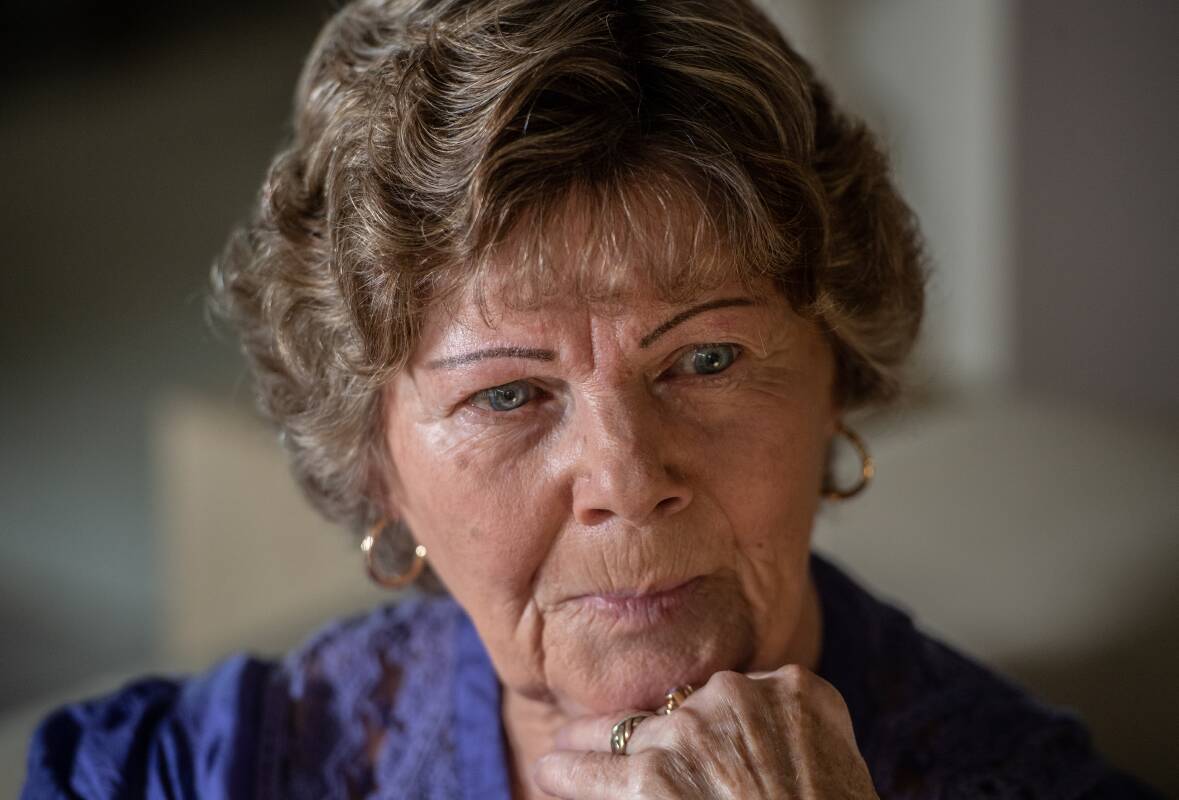
"Context is really important, too. Something could mean nothing to one person and then in the context of lots of other information be really important."
ACT Policing now has a central DNA database to help with unsolved cases, and have taken samples from her mother.
"It's always, always hopeful that even if we can't find what happened to Megan, which I hope we will, it would just mean so much to Megan's family, just to even have her remains - just to know where they are," Quade says.
Meanwhile, she's heartened by a strong response from the Canberra community, with many people coming forward with anything they thought would help.
"Unfortunately, there was nothing that strongly linked any of that to Megan's matter, that was able to really give us a leg up on to a new suspect or avenue of inquiry," she says.
Dorothy Mulquiney, who is now 77 and still lives in the same South Canberra house she did when Megan disappeared, says she has a newfound confidence in the police after many years of feeling ignored or frustrated.

"I am hopeful with the team that are on there now, very hopeful," she says.
"Emma gives me confidence, and I know she and her team really care."
She spent many years after Megan disappeared compulsively searching for her face in crowds but, she says, at a certain point, she stopped.
"It doesn't work for you, so I don't do that anymore," she says.
"Now it's in the police's hands. I went on searches, I did all sorts of things in the beginning. But no, I don't do any of that now."
She says her biggest hope was that in keeping Megan's name and face in people's minds, someone would eventually come forward.
"I know somebody out there knows something and hasn't been to the police, and we need them to come forward so that we can put Megan to rest," she says.
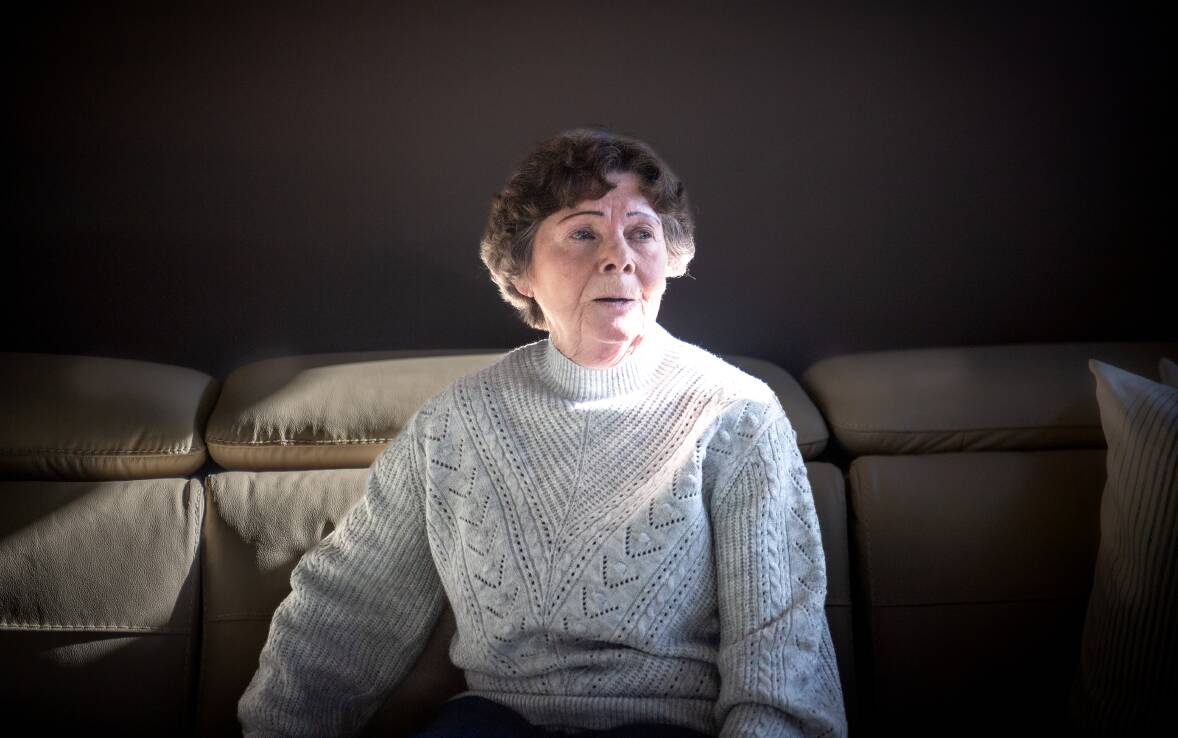
The theme for this year's National Missing Persons Week, which begins Monday, is: "What happened to me?"
There are currently 15 official long-term missing people in the ACT, and only three predate Megan's.
Quade says they vary in approach and circumstances, but there had never been any doubt that Megan had suffered foul play.
"We know that it's not a case of Megan just walking off one day, we know for certain that Megan suffered foul play in some form, and that was found at the coronial as well," she says.
"I know myself and members of my team, we put our heart and soul into trying to establish answers for Dorothy, and it still sits with me every day.
"Every day I'm hopeful that something will come through, that will just be that one piece that police need. I wouldn't care who it is that solves it, whether it's police or somebody else. Just for me, I just really wish that we could find where Megan is, for her family, but also for Megan."
- You can provide information about missing persons by contacting ACT Policing or by calling Crime Stoppers on 1800 333 000.
We've made it a whole lot easier for you to have your say. Our new comment platform requires only one log-in to access articles and to join the discussion on The Canberra Times website. Find out how to register so you can enjoy civil, friendly and engaging discussions. See our moderation policy here.







